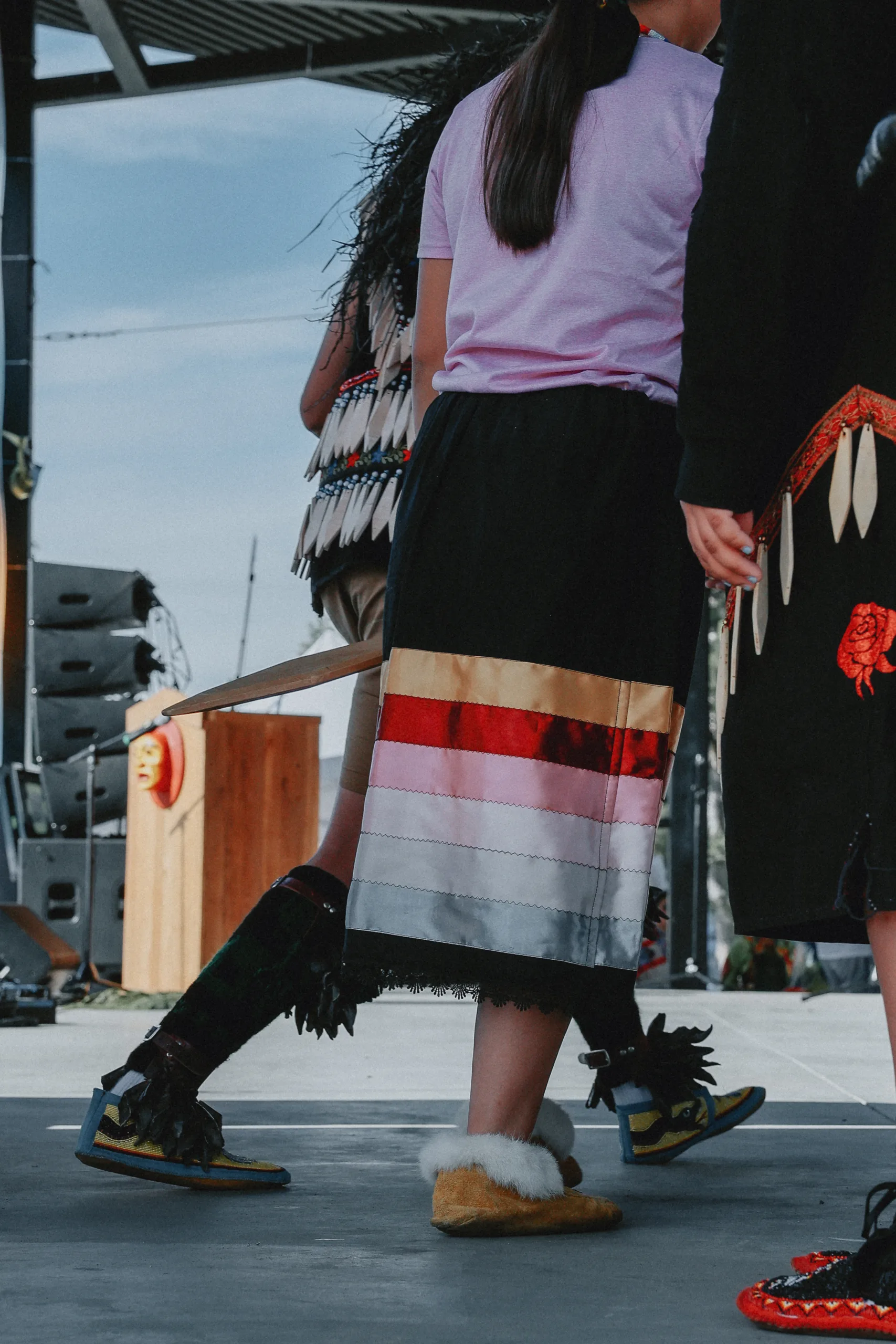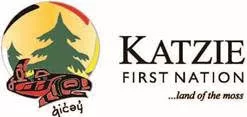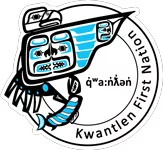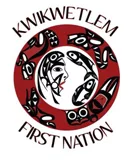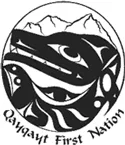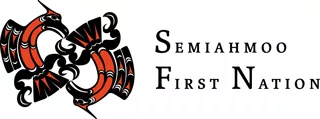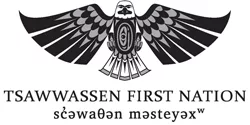This report comes out of a year-long partnered research project between Simon Fraser University and the Surrey Urban Indigenous Leadership Committee. Dr. Lyana Patrick established relationships with SUILC’s Skookum Lab to better understand community health and well-being in Surrey, home to the largest urban Indigenous population in BC. While neighbourhoods like Vancouver’s Downtown Eastside attract significant research attention (Goodman et al 2018, DTES RAP 2021), there is a general lack of data on the well-being of urban Indigenous peoples. This results in fewer funded programs and services for the urban Indigenous population who have needs and concerns beyond or in addition to substance use and infectious disease (frequent focal points of urban health research).
The urban research data gap is particularly important to the Indigenous population in Surrey. In Metro Vancouver, Surrey saw the biggest increase in its Indigenous population, which grew 77 per cent between 2006 and 2016 to 13,460 (SUILC, 2019). In 2017, the SurreyCares Community Foundation conducted a survey of Indigenous peoples living in Surrey. The survey noted that the growing Indigenous population in Surrey is due to the increasing costs of living in Vancouver, however many Indigenous services still reside primarily in Vancouver. The survey, bolstered by secondary research, highlighted that there are few Indigenous cultural spaces and services in Surrey, with the Fraser Region Aboriginal Friendship Centre Association (FRAFCA) being the significant Indigenous service provider in the city. Additional survey results indicated that Indigenous people travel to Vancouver to access services and cultural events that are not yet available in Surrey, yet often face transit challenges and child-care and financial constraints, rendering services inaccessible. The survey results also identified the need for Indigenous peoples to “interact with family and community members who expose them to their culture and history.” (SurreyCares, 2018b, p. 68).
This health research project began just after the release of Mary Ellen Turpel-Lafond’s crucial 2020 report In Plain Sight: Addressing Indigenous-specific Racism and Discrimination in B.C. Health Care. While the relevance of the SFU-Surrey research partnership was heightened by the In Plain Sight report, it was also an important project to initiate given that traditional health and social service models geared towards Indigenous populations tend to focus on on-reserve populations. The erasure of an Indigenous presence in urban areas is keenly felt by Indigenous peoples in urban centres across the country. A goal of the research was to establish research partnerships and relationships with community members and organizations in the Surrey region towards better understanding health needs and priorities in Surrey. Previous research demonstrated the importance of Indigenous culture to health and well-being, and another goal of the project was to determine what methodologies should be used when researching culture and health. We also wanted to support Skookum Lab’s ongoing work building community-based leadership networks of Indigenous peoples in Surrey. We strongly committed to bridging capacity within the community to give voice to urban Indigenous needs and priorities.
SUILC provided intellectual leadership by helping convene an advisory committee that included the Fraser Region Aboriginal Friendship Centre Association, Fraser Health Authority and Skookum Lab (now Skookum Surrey). In partnering closely with Skookum Lab, we were able to engage with grassroots community members through the Guide Groups (representing different groups in Surrey as described below). We also conducted 1-1 interviews with health and social service providers and completed a literature review on urban Indigenous health and well-being in Canada.
Download PDF
